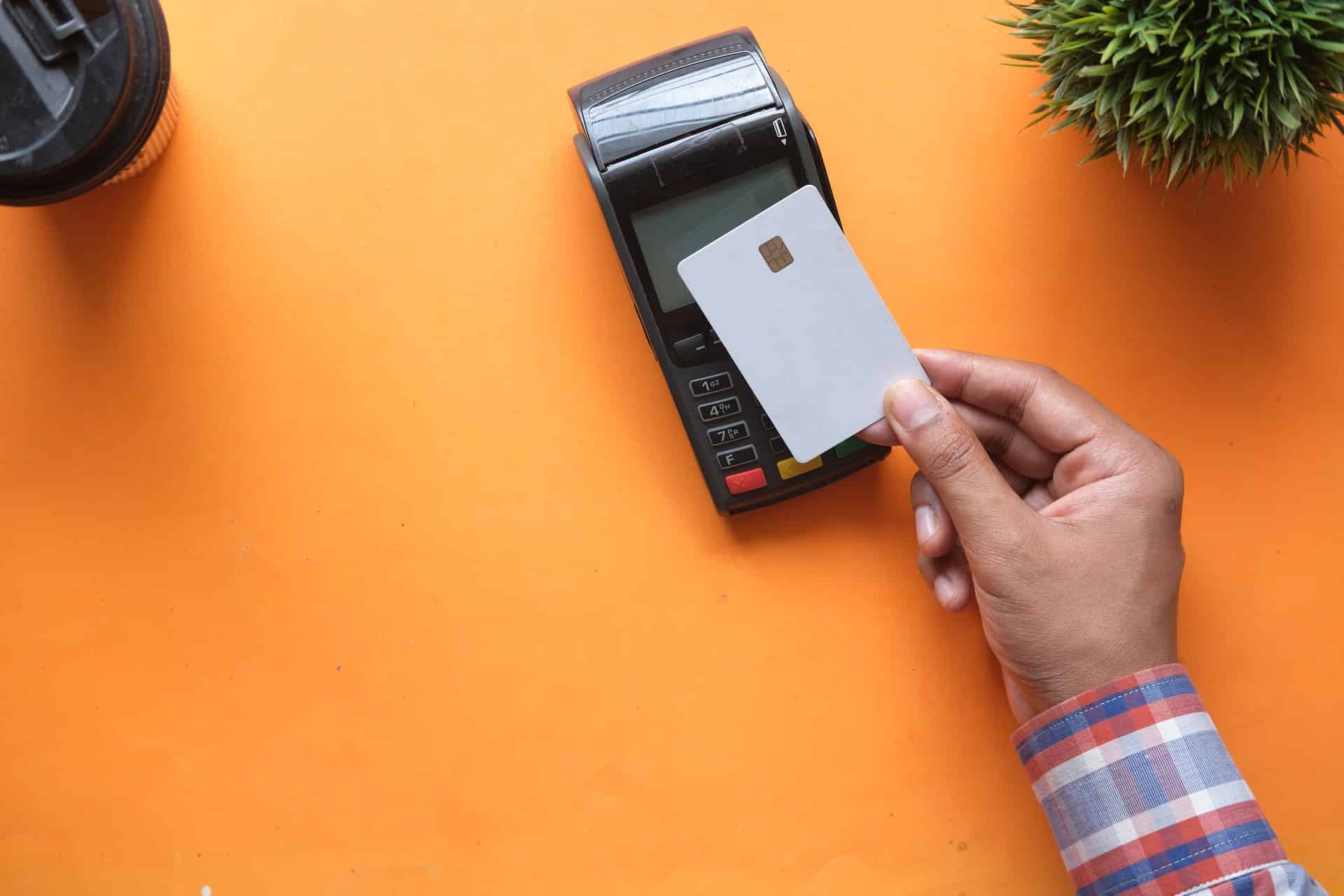For a business to survive in today’s modern world, it needs to be able to take multiple methods of payment and it needs to be selling online. To support both, you need to implement a payment gateway or process, a merchant provider to deal with the financial transactions that keep your business operating.
The general understanding of these services is not always well understood, and when it comes to choosing a payment processor the options can be overwhelming. Furthermore, for businesses class as high risk, there are even further difficulties as standard merchant providers may refuse to partner with them. Evidently, there is a lot to take into consideration when it comes to making decisions on the matter.
Fortunately, there is guidance out there to help you and the purpose of this article is to provide you with such guidance. What does a payment processor do? How can make a good decision in who you partner with? And what are the options for high risk businesses? These questions will be answered in the material to follow.
Table of Contents
What Does a Payment Processor Do?
A payment processor is the software that acts as middleman between your customers bank account and your business’s bank account. They provide the gateway that allows for the smooth transfer of funds between a buyer and an online business. These services make shopping and payment easier for the customer, meaning they are more likely to make repeat purchases in the future.
They also make life easier for businesses too, dealing with complicated and sensitive areas of business while providing a secure platform for easy processing of payments. A good payment provider will be able to verify the payment details of your customer, authorise that the finds are available to make the purchase, transfer the correct funds into the vendors account and then confirm the transaction for both the buyer and the seller.
There are various types of payment gateways, each offering different features. There are also various providers of payment gateways, each specialising in different forms of business and offering services as different costs. The variety of options available to you might be overwhelming to say the least!
What Do You Need to Think About When Deciding On a Payment Processor?
As you start to decide on the payment partner to choose, there are some specific factors you need to think about.
- Location. Think about the geographical location of the merchant provider. Check if they are allowed to operate in the country of your business and that your audience can use the provider without any problems. Investigate the types of currencies, conversion rate, and pay-out frequency that the merchant provider offers. Many online businesses make sales across the globe so you want to invest in a payment provider that can support that and convert money into local currency.
- Method. The methods in which people make payments is changing and evolving all the time. Popular methods are credit or debit cards, but the modern business needs to be able to accept more than that. A lot of people now use e-wallets, and you also want to be able to accept net banking and vouchers. Customers preferences differ over payment options, so you want to allow buyers to make the choice themselves. Additionally, cryptocurrency is gaining popularity at the moment so as a forward thinking business you might want to consider whether you provider will accept that.
- Cost. Consider the costs and weigh up the affordability of the payment gateways you investigate. You want to find the most cost-effective solution so get all the details about purchasing fees, payment processing fees, subscription payments and renewal costs. A deal that looks affordable might not be when you investigate all the hidden costs. Also, some payment providers limit the number of transactions you can take per month, so you’ll want to check up on that to avoid extra charges.
- Support. You need to invest in a reliable provider that will make your life easier, not more complicated. What is the transaction speed? What experience do they provide? Think about things from the customers perspective and ensure you invest in a solution that will give them the best experience. If a potential buyer comes across an issue, they will be quick to abandon their basket and look elsewhere for their purchases. Furthermore, when issues do arise, you want quick and helpful support from your provider to limit downtime and help get things running smoothly once again.
- Security. When you’re dealing with customers money, security should be of paramount concern. Hence, choose a merchant provider that is PCI DSS compliant with sophisticated features that protect against fraud and support OTP and payment screening features. This provider is what you will use to store sensitive financial information and if there is any breach in security, it’s you that you customer will lose trust in. Your reputation is on the line so make sure to look for a reliable, trustworthy merchant provider with whom can give responsibility.
What If You Are in a High Risk Business?
If you have trouble finding a merchant provider since you are classed as a high-risk business, don’t panic and think you are out of options. There are high risk merchant providers out there that will understand the difficulty you’re in and still offer you services to help you take card payments.
It may take a little more research but ask fellow businesses in similar industries for recommendations and invest in a provider that will support you and the unique needs of your business. Even if you are high risk, there will service providers of merchant accounts that can come to your aid.
The Bottom Line
The world of payments can be a confusing one, but with some investigation and research you can make well-informed, wise decisions over the best payment provider to partner with. The worst thing you can do is fall behind the competition and make no decision at all!










